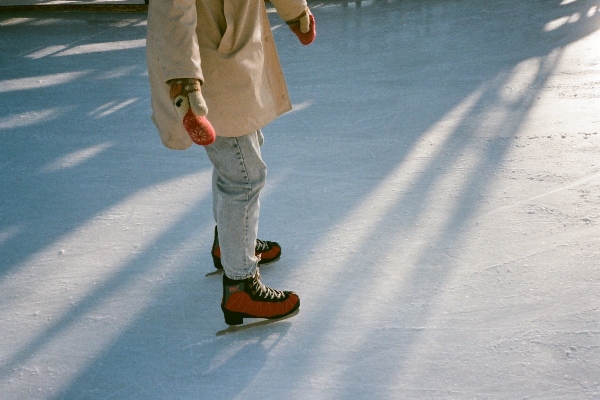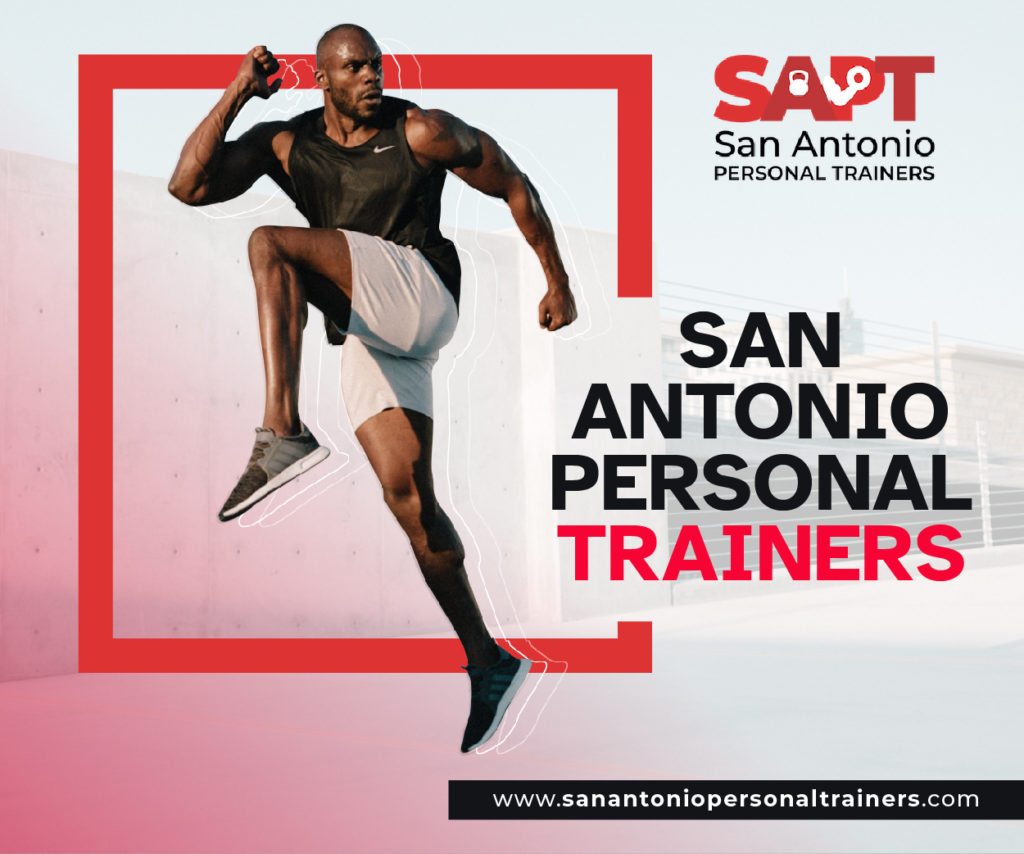Putting fitness on ice
By Kelly A. Goff
Photography by Robert French
When you think of athletics in San Antonio, you might picture outdoor sports such as soccer, swimming or golf. With average temperatures well above 75 degrees most of the year, ice skating probably doesn’t spring to mind.
Former professional figure skater Erin Leonard is one of the people helping to expose San Antonio to the joys and fitness benefits of ice skating. She’s the figure skating director at the Ice Center at Northwoods, which has been open since December 2002.
A Canadian, Leonard was born in Calgary and raised in British Columbia. She learned to ice skate at age three, for she lived in a small town where the public rink was just minutes away. With an older brother who played hockey and a younger sister whom she taught how to skate, she has fond memories of that rink.
“We skated pretty much every day,” recalls Leonard. “I loved it from the beginning. The smell of the rink, the cold, the sound of my blades — I immediately had a passion for it.”
As Leonard got older, she became more competitive. At age 12 she went to nationals and then started competing internationally. At that point, her schedule consisted of skating two hours before school, one to two hours during the school day and then another three hours after school. Leonard reached a crossroads as she neared 16.
“To really pursue a competitive skating career, I would have had to move to a larger city and be tutored so I could spend the majority of my day practicing,” she explains. “I decided I didn’t want to compete anymore, but still wanted to continue figure skating. Basically, I wanted the best of both worlds — to be with my friends and family, but still skate.”
Leonard found a way to do just that. She sent a video of an ice show performance to the now defunct Ice Capades, a traveling ice show showcasing Warner Bros’ cartoon characters, much like Disney on Ice today. She was hired, and at age 18 she went on tour, starting in Las Vegas.
“It was a fantastic experience,” Leonard says of her years of traveling the United States, Asia and Canada. “I was fortunate because one of my friends with whom I’d competed most of my life was also on the tour. That helped me feel not so far from home.”
However, skating in a Yosemite Sam costume left Leonard missing the showier and more technical aspects of figure skating. So she decided to leave the Ice Capades and joined a smaller show managed by Advanced Entertainment that took her all over Australia, Mexico, the United States and Malaysia, and she became one of the principal skaters in a cast of 12 rather than 100. She worked hard during the weeks when they would typically perform the show three times a day, but then she would have a week off while the sets were being taken down and transported to the next city.
“It was amazing to have that time to relax and explore each city,” Leonard says.
Although her fellow cast members became her second family, she began to yearn for more stability in her life. It was about that time that she met her future husband, a U.S. Marine. She resigned from the tour and had every intention of starting a new chapter in her life that wasn’t centered on ice skating.
“I said I wasn’t going to coach, that I was going to do something new,” says Leonard. But after she had her first child and the Ice Center opened in San Antonio, she recalls that she found herself coaching: “I believe when you have a passion for something, you’ll find it wherever you are, whatever your situation.”
As the skating director, Leonard gets to share her passion for the refreshing sport with both children and adults. She teaches “Learn to Skate” classes to all age groups and coaches power skating for the Diablos, San Antonio’s Junior B hockey team. “I love my job!” says the 28-year-old skating veteran. “I learn something new every day from the kids, clients and fellow coaches.”
Fun fitness
Although Leonard no longer performs, noting she hung up her fishnets long ago, she does get a couple hours of personal skating time in each week. And one of the fringe benefits of her job is being able to be on the ice all day, getting a workout while coaching.
“It definitely keeps me in shape,” Leonard says. Regular exercise is even more important for Leonard since she developed Type 2 diabetes after the birth of her second child two years ago.
“Even though I take insulin now, the regular exercise helps regulate my sugars and keeps me physically fit.”
The physical benefits of skating are many and can be a great alternative to working out in the heat and humidity. Ice skating boosts your endurance and the better you are, the more aerobic benefits you’ll get. It’s good for your abdominals, calves, gluteus muscles, hamstrings and quadriceps; furthermore, it improves balance and coordination.
Skating, like any kind of physical activity, also has side effects that are particularly beneficial to children. Better academic performance, improved judgment, increased self-discipline and better goal setting can be observed in children who are active in sports. Higher self-confidence and self-esteem mean a greater potential for them to realize their goals and dreams.
Not just for the young
Ice skating is also something you can learn to do at any age. “I really think it’s an amazing and versatile sport,” says Leonard. “You don’t have to be competitive. Recreational skating is something you can do alone, with friends or as a family. We have a coffee club that comes every Thursday morning to skate and socialize. Fridays and Saturdays we turn on the disco lights and turn up the music for open skating time. You can tell everyone is really having fun — young and old.” Leonard enjoys seeing parents who start out bringing their toddlers to “Mommy & Me” skating classes and then end up being motivated to learn to skate.
“It’s contagious!” says Leonard.
A lifetime of opportunity
Figure skating has provided Leonard not only with the physical benefits of an active lifestyle but also with a number of mental, psychological and social benefits. “I learned self-discipline and how to be competitive, as well as the importance of consistency,” she recounts. “All the travel helped me develop a wider world view, along with social skills and street smarts. I believe that everyone is in control of his or her life’s dreams, and skating has given me a way to achieve many of mine.”






